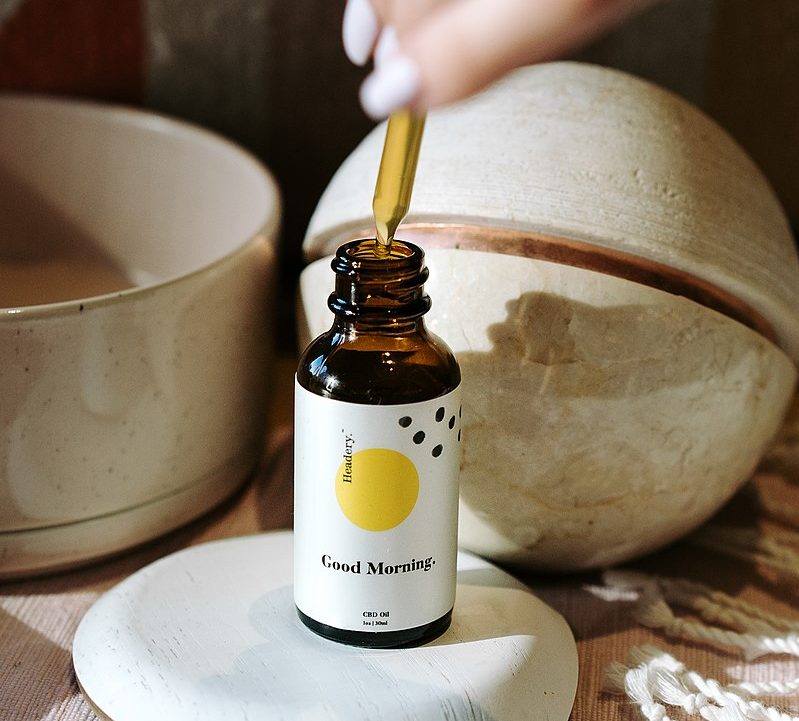CBD, which stands for Cannabidiol, is one of 85 cannabinoids that have been identified in hemp. It is a cannabis compound that has been found to have significant medical benefits. Hemp is high in CBD and low in THC, meaning that the hemp-derived CBD oil will not get you high: a common misconception.
In an interview on NBC Nightly News, Dr. John Torres, a NBC News Medical Correspondent, said “Hemp is a type of cannabis plant that contains a chemical called CBD. It doesn’t make you high like marijuana, but it is creating a national buzz.”
What exactly is the difference between hemp and marijuana? Marijuana plants are grown far apart to encourage lots of branches and are harvested only after it produces flowers. The result is a high THC content, which causes a psychoactive effect – a “high.” Hemp plants are grown close together to encourage long stalks and few branches, and they are harvested before the plant produces its flowers, where the THC is concentrated.
CBD Oil is being used to treat a variety of different conditions, but many people wonder how it works. “In school you were taught that there are 11 major organ systems in the human body. They include the circulatory, respiratory, urinary, reproductive, integumentary, skeletal, muscular, nervous, endocrine, lymphatic, and digestive systems” Lentine said. “But you probably didn’t know that you also have an endocannabinoid system (ECS) that has trillions of receptors in your body. We’ve known about the ECS for about 30 years. It was first discovered in the 1980’s by a doctor in Israel.”
“
Scientific and clinical research – much of it conducted by Israel – shows CBD’s potential as a treatment for a wide range of conditions, including arthritis, diabetes, alcoholism, MS, chronic pain, schizophrenia, PTSD, depression, antibiotic-resistant infections, epilepsy, and other neurological disorders
— Tara Evers
The ECS is a complex system that processes more than CBD oil. “‘We found that ginger is really powerful in this system, we found echinacea and clove is powerful in the system,’ says Morello, suggesting the endocannabinoid system got its name because cannabis was an early discovery in unlocking its potential. ‘If they would have found, for example, ginger root to affect the system … it might have been called the endo-ginger system'” reporter for The Canadian Press, Cassandra Szklarski, writes.
Every living vertebrate has an endocannabinoid system. The ECS is akin to the master control panel for our entire body. CBD is needed to feed the ECS. It interacts with receptors, including CB1 and CB2, to regulate the many systems in our brain and body, and it also helps us to achieve the body’s natural state of balance, known as homeostasis.
Those who do choose to utilize hemp are experiencing measurable health benefits as a result. “Scientific and clinical research – much of it conducted by Israel – shows CBD’s potential as a treatment for a wide range of conditions, including arthritis, diabetes, alcoholism, MS, chronic pain, schizophrenia, PTSD, depression, antibiotic-resistant infections, epilepsy, and other neurological disorders,” Tara Evers shared in a CBD Education 101 presentation. CBD can treat a variety of different conditions that can have an impact on everyday life.
“CBD has demonstrable neuroprotective and neurogenic effects, and its anti-cancer properties are currently being investigated at several academic research centers worldwide. Newer Israeli research is showing promising effects on children with ADHD and even Autism who are being given CBD,” Evers said.

